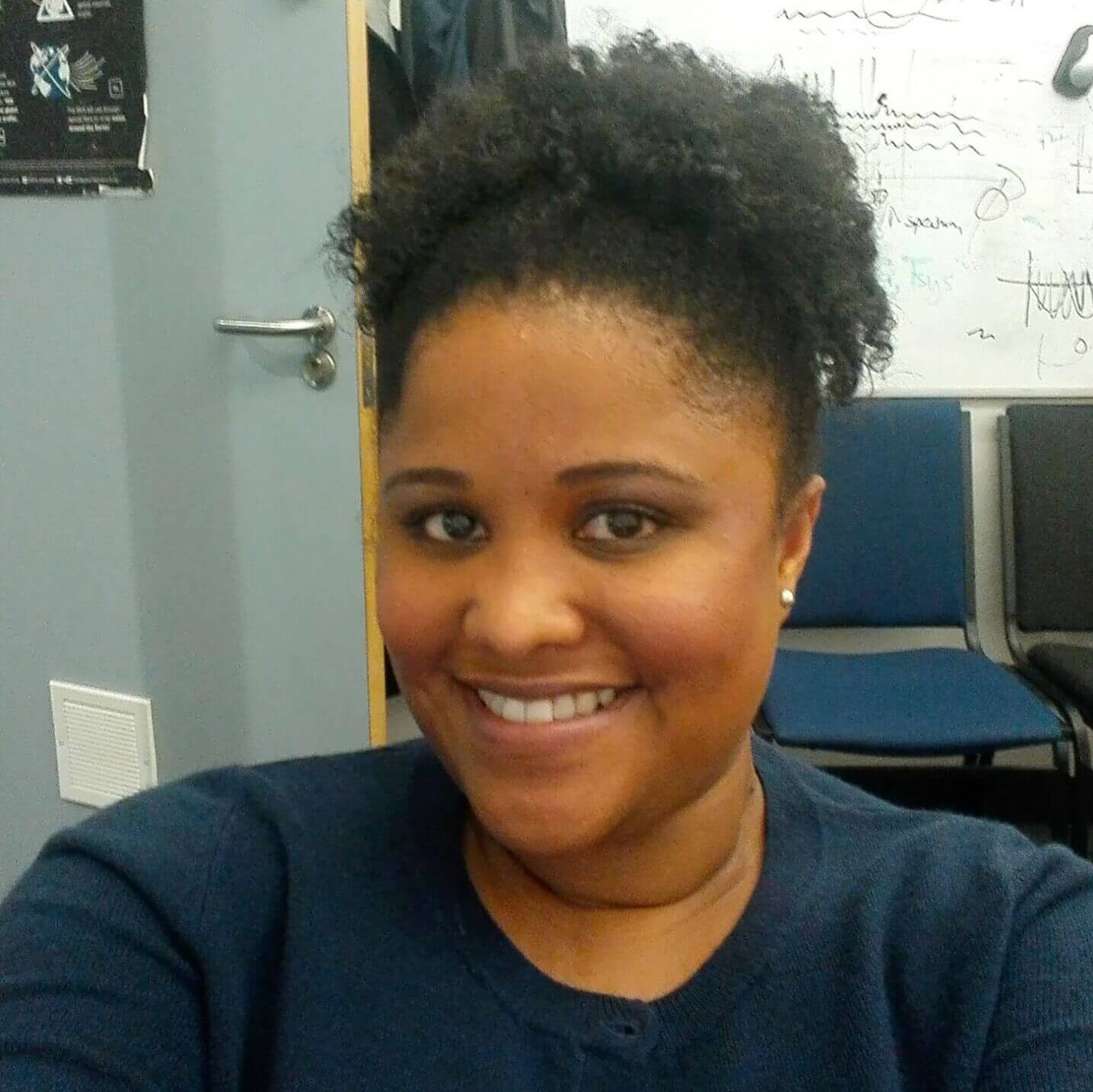What is your educational background?
I attained my undergraduate (Honours) and Master’s degrees at the University of Cape Town. In 2013, I completed my PhD in Physics at the University of Southampton.
What is your current occupation?
I am a Postdoctoral researcher at the University of Amsterdam, a science communicator, entrepreneur and EDI and decolonisation advocate and consultant.
What or who got you into STEM?
My parents were high school science teachers so science was always a part of my life. In the mid 90s, my local newspaper, The Cape Times, started printing images from the Hubble Space telescope on the front page. I loved these images and from reading the articles in the paper, I realised that these images are not just beautiful pictures, but they are scientific data sets. So I decided that I wanted to be a scientist that works with these type of images to learn about the universe.
What is the biggest challenge/barrier you have faced as an African in STEM?
A lack of respect for African scientists, our culture and our opinions.
How do you think your background/upbringing has been beneficial in your journey/career?
Both my parents are university graduates and have a background in teaching science. So I have benefitted immensely from growing up in a home where education is not only highly valued, but also something my parents could afford to pay for. My siblings and I all attended Model C schools and this helped to prepare us to attend top universities in Africa and abroad. With my middle class upbringing, there was also less pressure on me to become an earner to support the family financially, so I was able to attend university for 10 years without putting my family in a difficult position. This is a huge privilege in a place like South Africa.
.
How do you think we can start to change the narrative surrounding African contributions
to global STEM research & careers?
We need to understand that the way we do science, our cultures and practices have value, even if they don’t always match up with the prevailing Euro-centric culture of science. We must work on being brave, authentic and open about ourselves in the academic setting and not be shy to raise awareness of and to praise African contributions in STEM, both currently and historically.
What advice would you like to give to young, aspiring Africans in STEM?
Be yourself. We as African STEM practitioners are more than capable, we are innovative, we represent the future of STEM. Find networks and groups that support and value you and your work and know that there are many ways to be great outside of the narrowly-defined ideas of success that are too prevalent in STEM right now.




